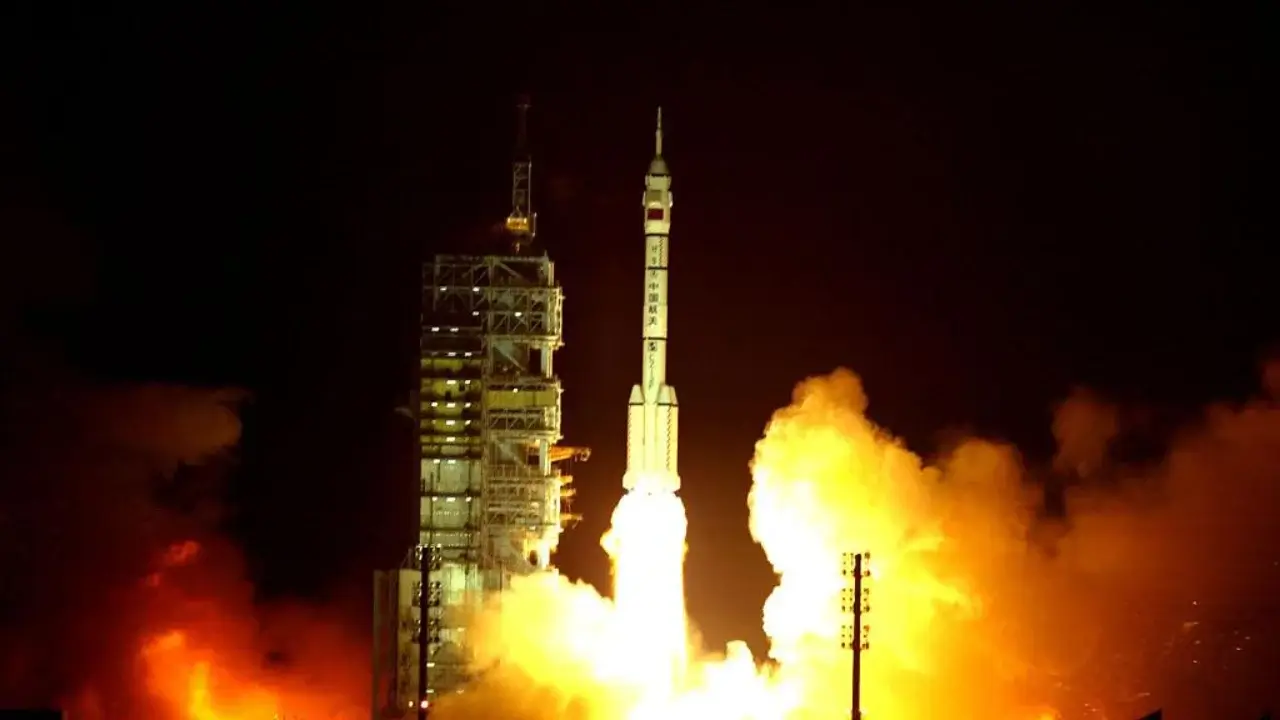China launched 3 astronauts and 4 mice into space

China has taken another important step within its space program. Based on the "Shenzhou" program, the country sent 3 astronauts and 4 laboratory mice designed for scientific experiments into orbit using a rocket launched from a spaceport in Sichuan province.
This flight is the next stage of research work, which will last several months on the Chinese orbital station - the "Tyanhe" module. The crew will carry out a scientific mission aimed at studying biological processes and changes in the tissues of living organisms in long-term space conditions.
According to the National Aeronautics and Space Administration of China, the main goal of this study is to study how biological systems react under conditions of microtraction, that is, zero gravity. Mice are placed in special biocapsules, and their physiological indicators are constantly monitored by modern sensors.
According to experts, these experiments will provide important information on maintaining human health and ensuring balance for planned long-term flights to the Moon and Mars.
China has been rapidly developing its space program in recent years. The state plans to send its astronauts to the lunar surface by 2030, and then prepare a scientific expedition to Mars. Therefore, each flight within the framework of the Shenzhou program is assessed as an important step aimed at further enhancing China's prestige in the global space race.
Read “Zamin” on Telegram!




















